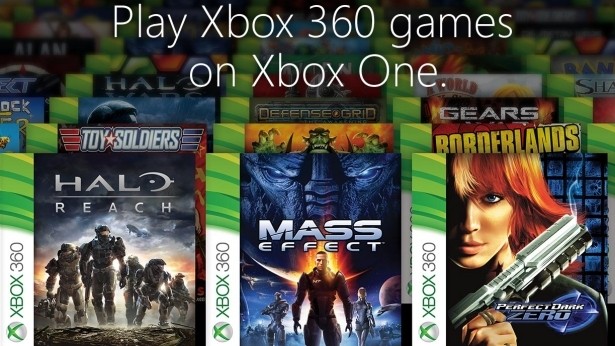At E3 2015, Microsoft decided to surprise many by announcing backwards compatibility for the Xbox One. By the holiday season, gamers will have the ability to play over 100 digital or disc-based Xbox 360 games on the Xbox One via a software emulator.
One of the people surprised by Microsoft's announcement was Sony Worldwide Studios head Shuhei Yoshida. "It was surprising," he said in an interview with Eurogamer, "I didn't think it was possible. There must be lots of engineering effort."
And he's right: Microsoft's General Manager of Games Publishing Shannon Loftis explained to Engadget that backwards compatibility on the Xbox One required "some pretty dedicated engineering effort and very talented engineers." Emulation of more powerful consoles like the Xbox 360 has historically been very tricky to achieve, but Microsoft's in-depth knowledge of the console's architecture certainly would have helped.
As for PlayStation 3 emulation on the PlayStation 4, Yoshida basically said it's not going to happen. "PS3 is such a unique architecture, and some games made use of SPUs very well. It's going to be super challenging to do so. I never say never, but we have no plans."

Yoshida does wonder what sort of games the Xbox One's Xbox 360 emulator will be able to handle, stating that Microsoft "talked about 100 games, but what kind of games will be included? Is it smaller games or big games? We don't know." Microsoft has announced 18 backwards compatible games so far, including Mass Effect, though most titles are hardly graphically intensive.
Meanwhile, Microsoft is currently asking gamers what Xbox 360 games they want to see supported by the Xbox One. Leading the list at the moment is Red Dead Redemption, and most of the requested titles will take a fair bit of horsepower to emulate efficiently and without bugs.
On the other hand, Sony will continue to offer PS3 backwards compatibility on the PS4 through its PlayStation Now service, which streams older games to the console over the internet. However, PlayStation Now is rather pricey, and it doesn't allow you to play your existing library of PS3 games for free, nor is it as effective as proper (working) native emulation.
From that perspective, it seems like Microsoft will have the better and more effective way of playing older games on this generation of consoles, so long as the company can deliver on its promise of functional, smooth software emulation.